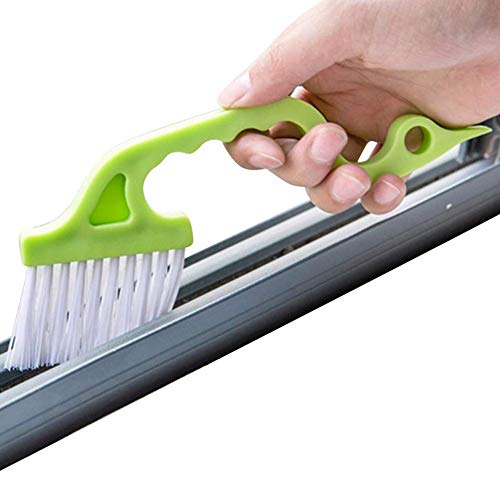Such a great question, such a complex discussion...
Industry Shrinkage
During our 27-year tenure as marketers for the small lodging industry, we've now been through three black swan events (9/11, 2008/9, & Covid). In each event, the number of B&B's in the US has declined somewhat dramatically. Sometimes it takes a few years for the shrinkage of the industry to be realized but indeed, our industry has steadily declined in "quantity" over the last three decades. Take Ashland Oregon as an example -- back in the 90's there were 80 inns in a town of fewer than 20,000 people and now there are less than 10 and that's just one story of hundreds of other small towns.
Industry Change
After 9/11 I wrote a magazine article called "Survival of the Fittest" to describe what I saw in my industry crystal ball. The gist of the article is that those who were willing to forage for food (invest into their marketing) would survive the downturn while those who simply tried to hibernate and weather the storm would wake up to even less business and market share. Indeed, that's what happened and many inns simply sold as private homes in the following years or at severely discounted prices.
When we entered the industry in 1994 we were sometimes referred to by innkeepers as "those marketing kids". Amazingly, many of those same innkeepers are still running their inns. What's my point? While there has been some turnover of innkeepers in the industry, the average age of innkeepers has increased over the years. Nothing wrong with that -- just making an observation.
Traveler Demand
Two years ago all of our clients were forcibly shut down by the government and for several months we had no idea what was going to happen. Then things really began to change as inns opened back up and hotels continued to offer limited options due to reduced staff. When the pent-up demand was finally released in the summer of 2020, our clients experienced record revenues that were completely unexpected and this trend has continued. Some inns saw the opportunity to take excellent care of their guests and were willing to yet again invest into their marketing and reap the harvest.
The Future
Nobody can predict what's going to happen next but we have some good guesses based on what we're seeing and on past experience. Here's what we think is going to happen:
- The quantity of inns in the US will diminish while the quality will increase. Basically, survival of the fittest.
- Many inns will be sold as private homes due to the high demand for residences and the lower demand for buying a business. As the old saying goes, very few people want to buy a job.
- Inns are starting to be purchased by buyer groups and this will increase. So a group of investors will buy several inns in the same town and sometimes buy other businesses as well. Some groups (e.g. Lark Hospitality) are buying successful inns in a variety of locations and we'll begin to see many more of these investment groups enter the industry in the coming years.
- The current demand for staying at small inns will continue for around the next five quarters (unless something happens to the economy).
- Innkeepers who treat marketing as an investment will thrive while those who see marketing as an expense (and thus seek to constantly reduce the expense) will achieve lower results. Sorry, that's the simple math of ROI in that the less you invest the lower your return will be.
Indeed, you have asked two distinct questions which are:
- Are small inns going away?
- Is there a market for, our unique lifestyle?
And here are my answers to each:
- Yes, many small inns are going away as innkeepers retire and sell their properties as residences. The industry will remain and there will be demand for the "inn" experience but the taste of the traveler has changed. Put simply, the younger generation wants the charm of a B&B on the outside with the sleek, modern feel, and convenience of an urban hotel on the inside.
- Is there a market for the unique lifestyle of the innkeeper? Sure, but it's a diminishing market. What we're seeing more of are savvy business people buying inns and hiring professional staff to run them. So there will still be people seeking the lifestyle of an innkeeper but it's a much smaller group of adventurous souls.
Finally, what does this mean for ALP and state associations, especially in a YouTube world where education is free? I think you can do the math on that one and indeed, the consistently shrinking membership of these entities tells the story by itself.
I hope that helps answer some questions at least from my perspective.
Scott Crumpton, CEO
White Stone Marketing and
White Stone Brokers























